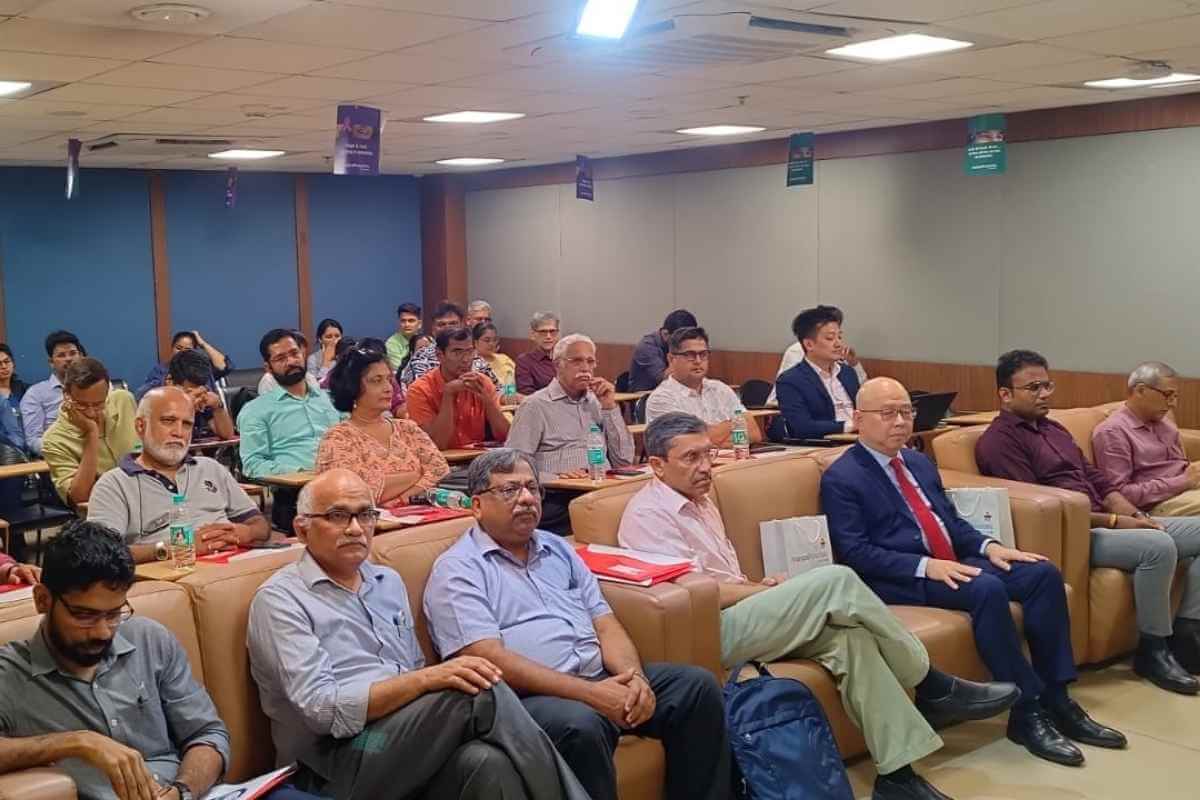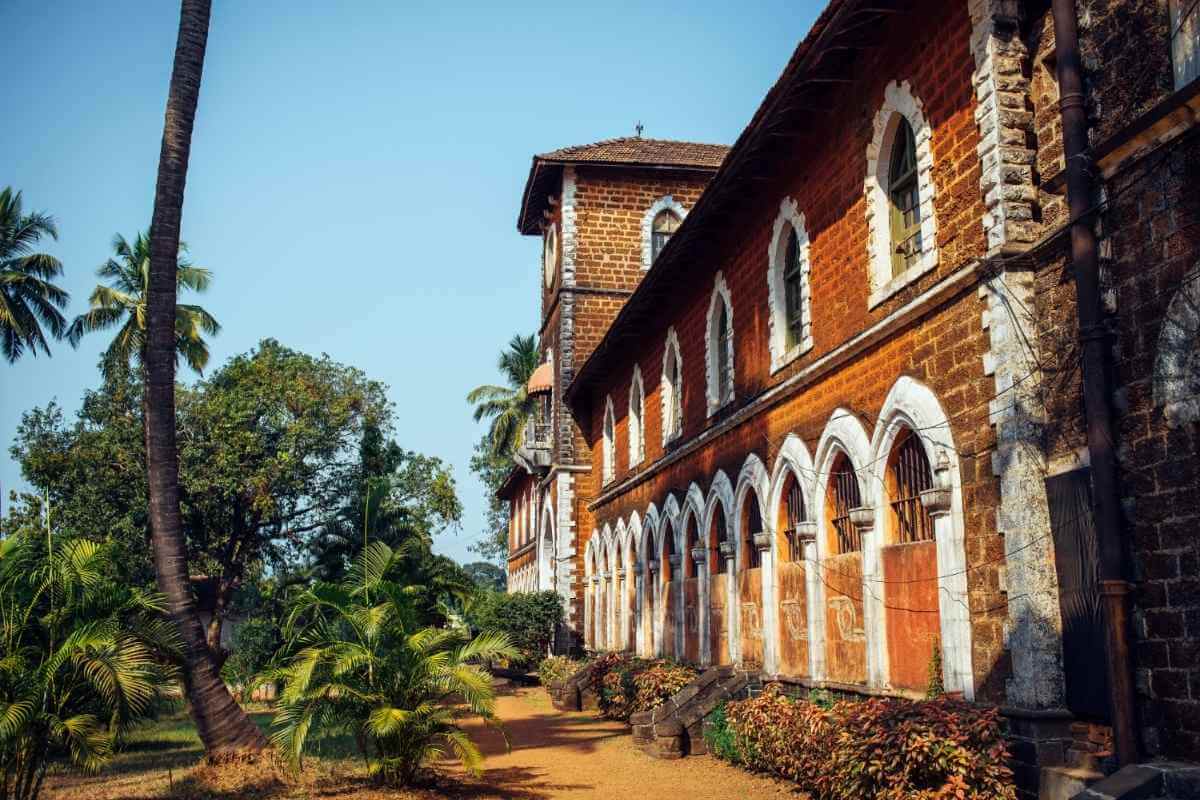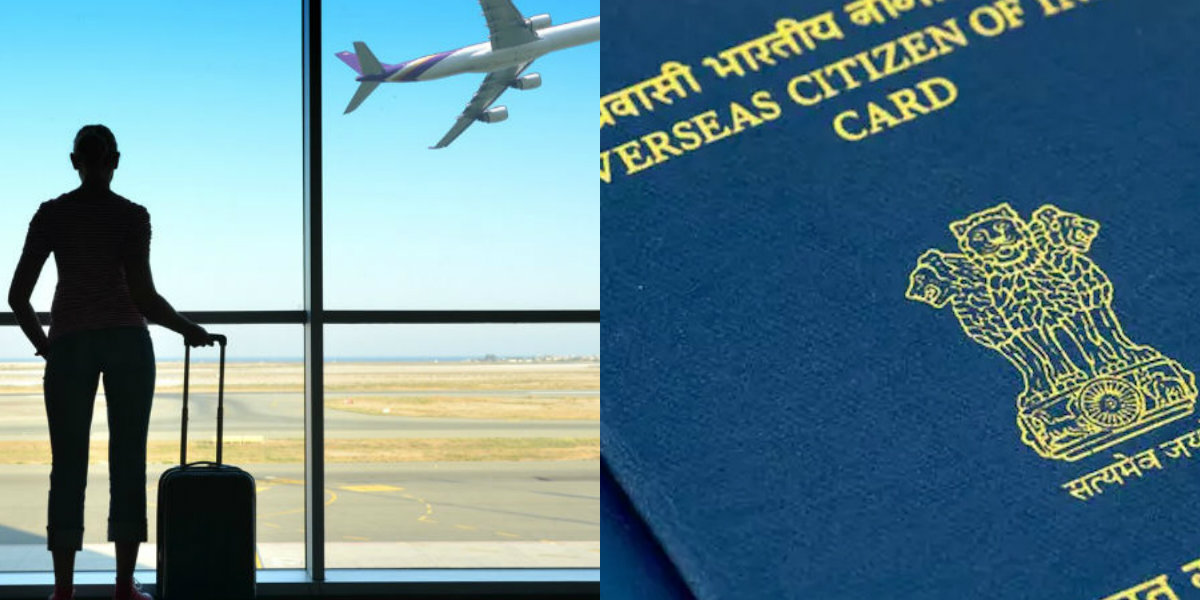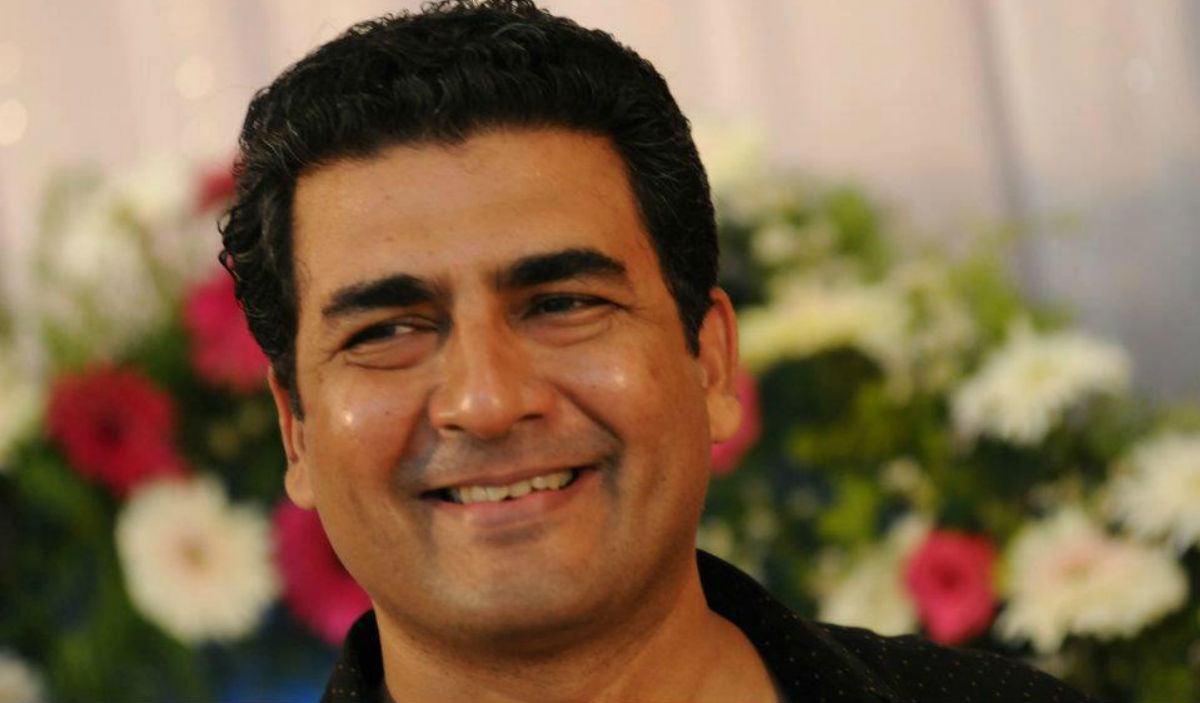When the state government boasting about digital India, the students from the villages have to travel for miles to catch the network due to the poor quality network in most of rural Goa. This is happening for years together but none of the authorities seems to have seen or heard of it or perhaps they have turned blind and deaf to this.
With the advent of the new academic year, the hustle of online classes has returned to Goa. However, it does not bring the same experiences and challenges to every household. While many students in the country sit comfortably in their homes to attend them, there are also scores of them for whom online learning comes with a whole lot of frustration and disadvantage owing to their poor means.
We are talking about the students from Udden, Shiroda who have no choice but to travel 2 km every day to reach areas that will give them a decent network connection for their classes. The closest mobile tower to this village is the one set up by BSNL all the way to Chickengal village, which is almost 3.5 km from Udden village. The said tower, however, gives no good connectivity to the villages of Torl and Udden.
This is no isolated incident as similar is the fate of students from various other villages of Goa such as Canacona, Sanguem, and Sattari. Students from all these villages are being made to suffer from such snags for no fault of their own. Most of them had spent the whole of last year undergoing the same ordeal.
But they seem determined to not let history repeat and ruin yet another year of their education. Owing to the novelty and sudden nature of the circumstances, they put up with having to travel long distances in search of good range- often walking through dangerous jungle paths, trekking up hills, and climbing atop structures in order to be a point of elevation in hopes of a better network.
Another similar case is of the students from Sattari taluka of North Goa. Students from the three villages that fall under the district- Kodal, Sartre, and Derode, recently protested against the BSNL officials at their local office in Valpoi. When the officials were contacted in the past for help, they had responded with ignorance and indifference.
This is not the very first time that grievances were voiced. In fact, the students had even written a formal letter to the panchayat, but no good came of it. “We wrote to the panchayat about our problems. Our letter was even forwarded to the chief minister. But to date, no one has replied to our letter. We are tired of the inaction,” a student gave his statement to TOI.
Exacerbating their troubles is the pathetic state of transport services in the area. Most of the students in these villages do not have their own private vehicles, and in the absence of decent transport facilities, they are forced to hitchhike every morning and go to a nearby village where the network is better. Either that or they have to trek these long distances on foot.
Most students from Satre travel as far as 15 km each day to Ambedem-Nargargao. But even this is not the ultimate solution to their misery. The network merely being available does not guarantee them a few peaceful hours of learning, it is ridden with connection troubles, and students often get disconnected from the classes.
Driven to their wit’s end due to such inaction, students have decided to put their foot down. They have now served a 2-day ultimatum to the BSNL officials to either fix the issues, or else, be at the receiving end of more protests.
In the past year and even the last few months since the beginning of monsoons in Goa, images of students huddling up under tarpaulin structures and umbrellas in the rains to attend their online classes at odd spots have been omnipresent in the media.
In addition to this, many students have to risk their lives by traveling through forests and isolated places to get to areas serving a better network. Not only does this make them vulnerable to attacks from wild animals, but also to anti-social elements and sexual predators. This is especially pronounced in areas such as Villien, Bhati which is close to the Netravali Wildlife Sanctuary, another village that reported similar protests.
This calls for action from the telecom operators who are minting good money from the people, especially in recent times due to the paradigm shift to the online way of life. The government and local panchayats should also take responsibility to soothe the grievances of the students. For instance, good internet connectivity in nearby community centers such as schools and temples or halls so that students can attend online classes in a safe environment
Not only is this achievable, but is also long overdue. After one whole year of inaction despite repeated requests from the students, the authorities are answerable to the public and must explain their omissions, but first and foremost, they must be pushed to take prompt action in this regard and redeem themselves.
The issue has surpassed the limit of minor discomfort and is now a matter of the safety and well-being of Goan students. Moreover, such difficulties are likely to have far-reaching consequences on the education and employment of our youth. Why should the future of Goa be made to suffer for the inaction of those in power?
The question is of equality of opportunity for all, securing the fundamental rights of Goan students, and the accountability of authorities. Our councilors and ward officers seem to leave no stone unturned to make access to polling booths available to the public during election time. Where is that same zeal and dedication to work now, when it comes to providing the most essential of services to their people in times of crisis?

























